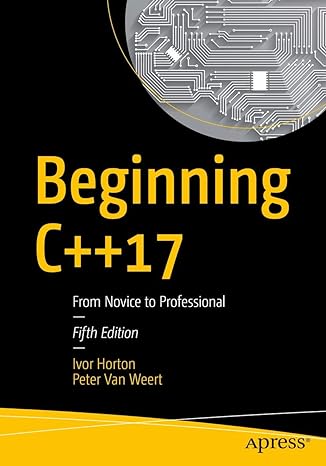#include <cmath>
#include <string>
#include <sstream>
#include "inputs.h"
inputs::inputs(std::string newstring, int newbase, int newbase2) {
inpthenumber = newstring;
inpbase = newbase;
inpbase2 = newbase2;
}
inputs::~inputs(void) {}
std::string inputs::conv(std::string thestlstring, int base, int base2) {
// variable declarations
int myval;
int remainder;
int loopvar = 0;
int mynumber = 0;
int testsum = 0;
float value1;
float value2;
char mychar;
char element;
std::string stlstring;
std::stringstream thestream;
// generate base 10 integer from number in base 'mybase'
string::iterator pos;
pos = thestlstring.end();
for (--pos; pos >= thestlstring.begin(); --pos) {
mychar = * pos;
switch (mychar) {
case '0':
myval = 0;
break;
case '1':
myval = 1;
break;
case '2':
myval = 2;
break;
case '3':
myval = 3;
break;
case '4':
myval = 4;
break;
case '5':
myval = 5;
break;
case '6':
myval = 6;
break;
case '7':
myval = 7;
break;
case '8':
myval = 8;
break;
case '9':
myval = 9;
break;
case 'A':
myval = 10;
break;
case 'B':
myval = 11;
break;
case 'C':
myval = 12;
break;
case 'D':
myval = 13;
break;
case 'E':
myval = 14;
break;
case 'F':
myval = 15;
break;
}
mynumber += myval * (int) std::pow(base, loopvar);
++loopvar;
}
// generate 'n' - (n-1) = # of digits in base 10 number
// generated above
for (int n = 0; testsum < mynumber; ++n) {
testsum = testsum + (int) std::pow(base2, n) * (base2 - 1);
}
// declare array for insertion of digits from the
// converted number
char * revarray = new char[n - 1];
// generate the new number
for (int i = 0; i < n; ++i) {
value1 = (float)((float) mynumber / (float) base2);
value2 = (float) floor((float) mynumber / (float) base2);
remainder = mynumber - (int) value2 * base2;
if (remainder < 10) element = char(remainder + '0');
else if (remainder == 10) element = 'A';
else if (remainder == 11) element = 'B';
else if (remainder == 12) element = 'C';
else if (remainder == 13) element = 'D';
else if (remainder == 14) element = 'E';
else if (remainder == 15) element = 'F';
// insert an element each time within the loop
revarray[i] = element;
// move down one base multiple
mynumber = (mynumber - remainder) / base2;
}
// create std::string format of converted number
for (int i2 = n - 1; i2 >= 0; --i2) {
thestream << revarray[i2];
}
thestream >> stlstring;
// return the number
return stlstring;
}
//----------------------
//inputs.h
//----------------------
#include <string>
class inputs {
private:
std::string inpthenumber;
int inpbase;
int inpbase2;
public:
inputs(std::string, int, int); // called
// automatically when instance created
~inputs(void); // automatically called
// when object released from RAM
// must return void.
std::string conv(std::string thestlstring, int base, int base2);
};




